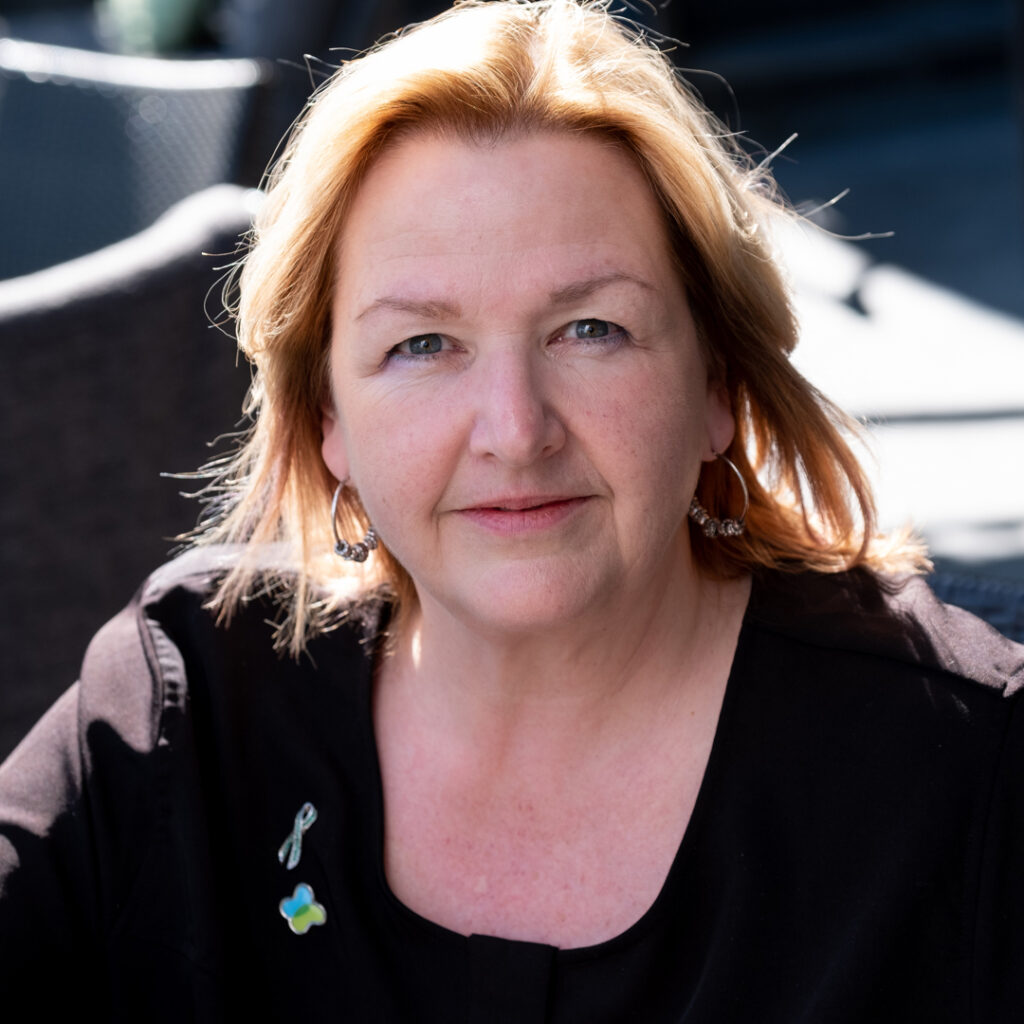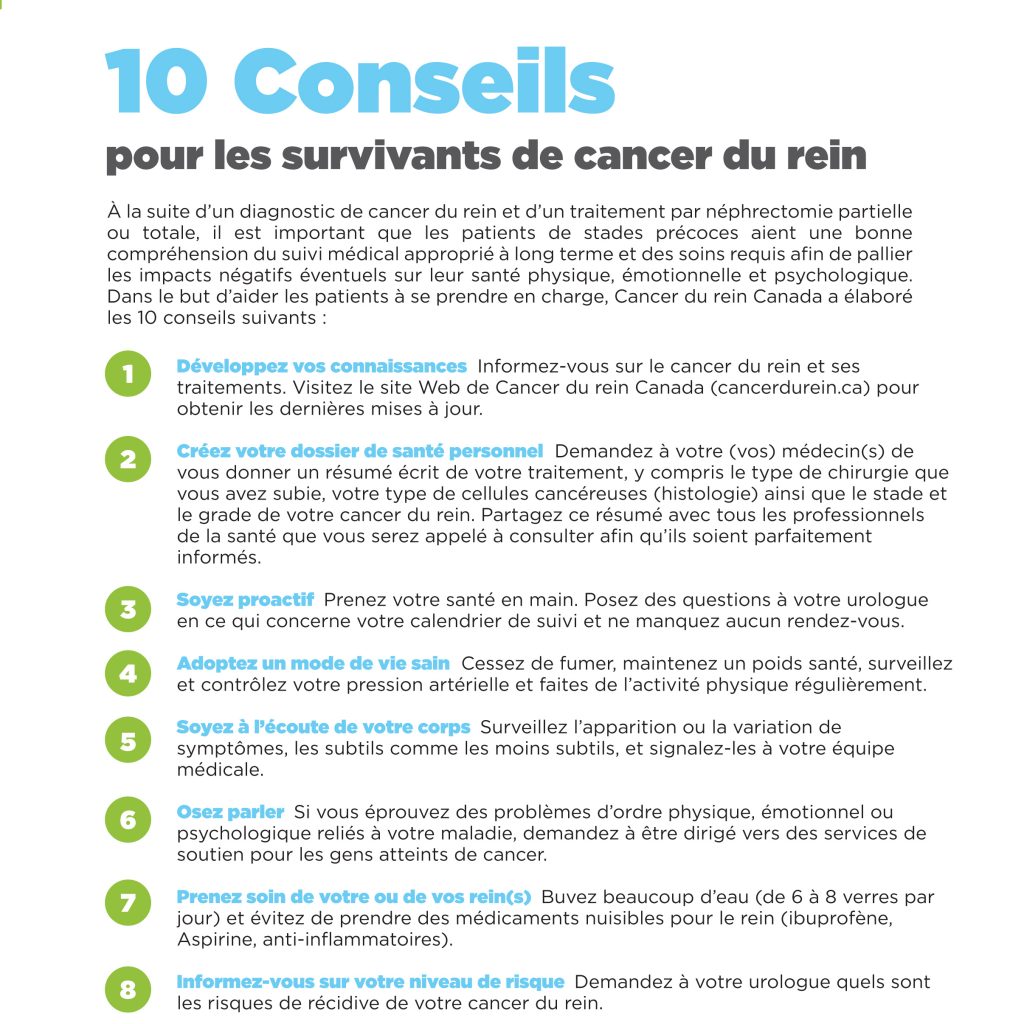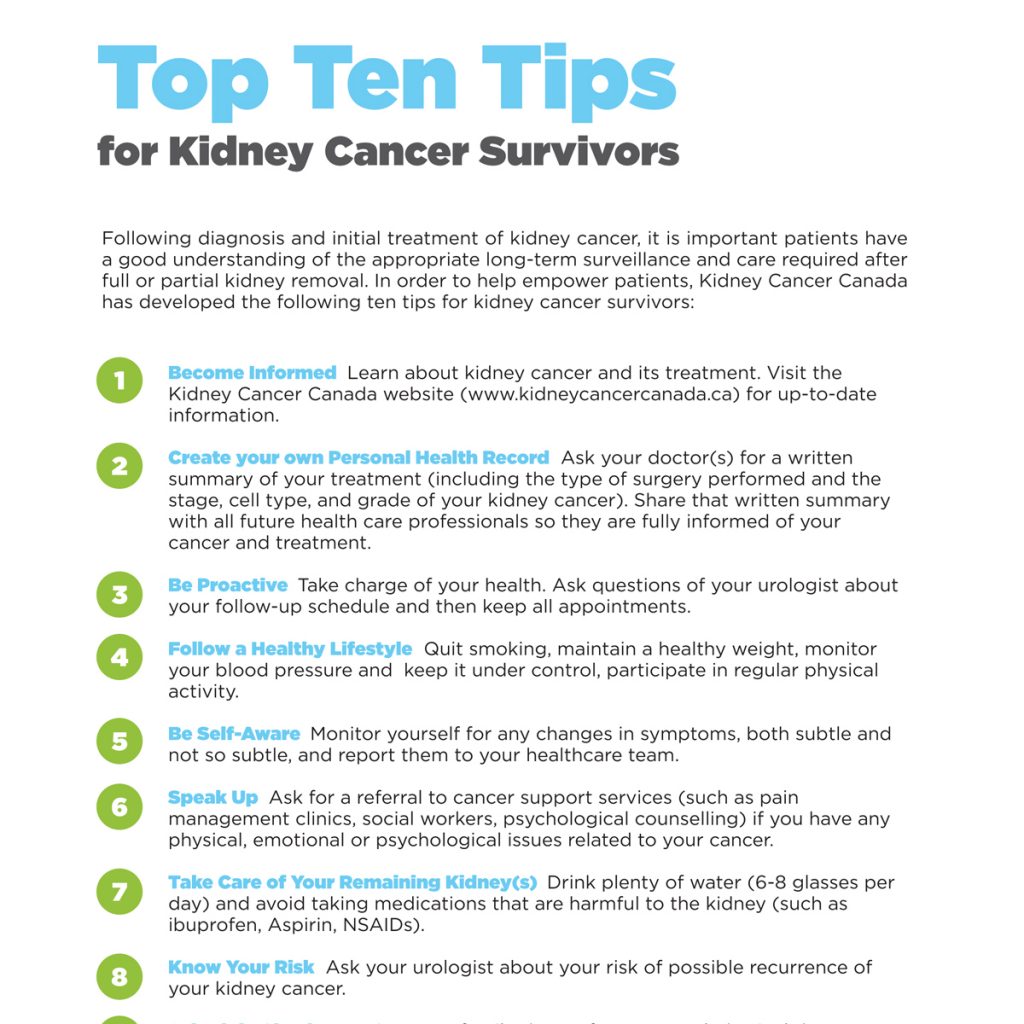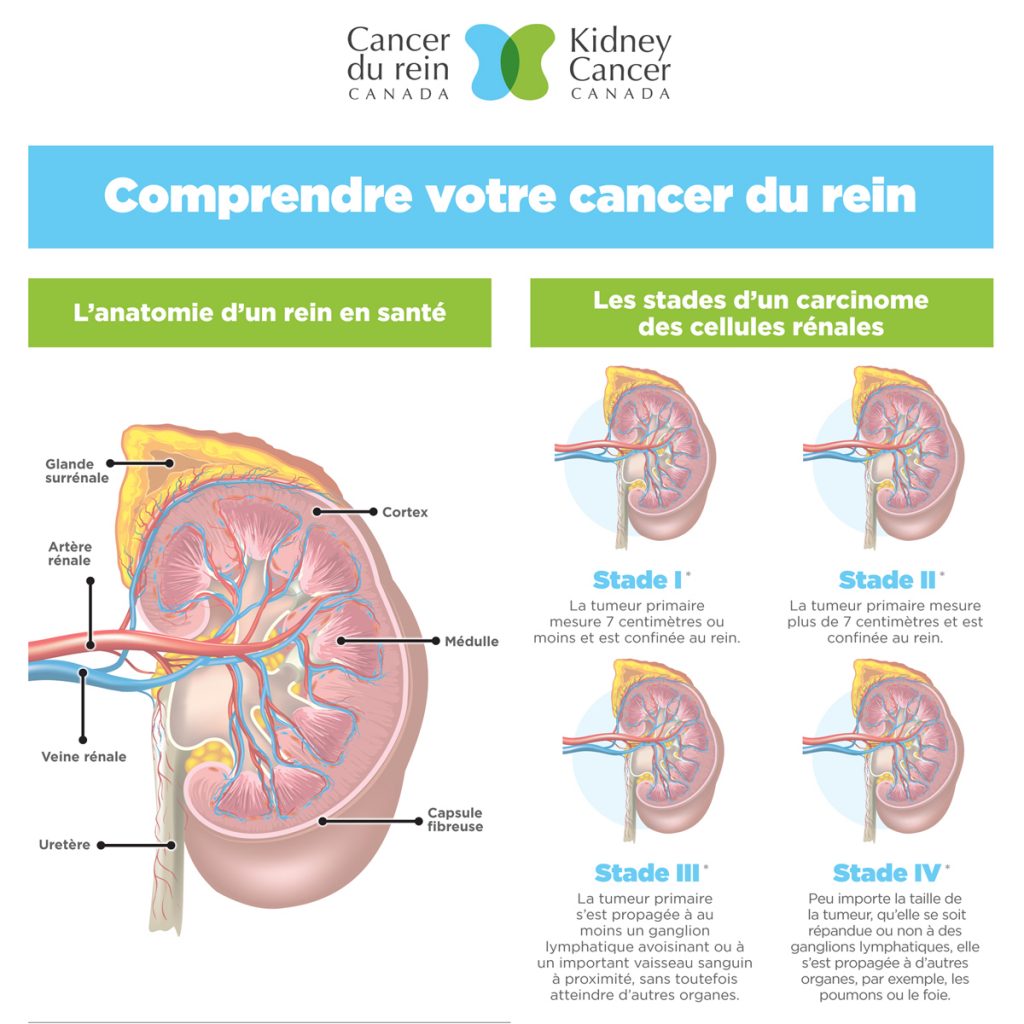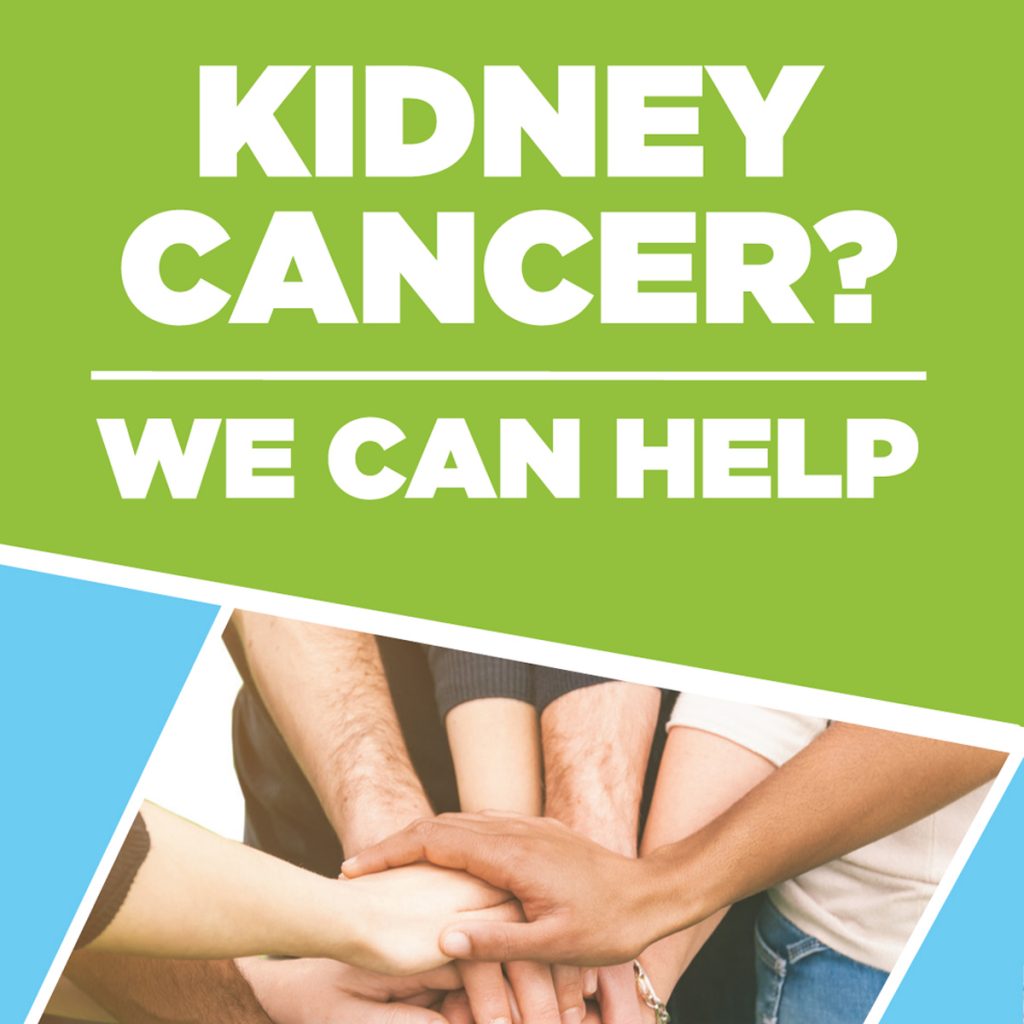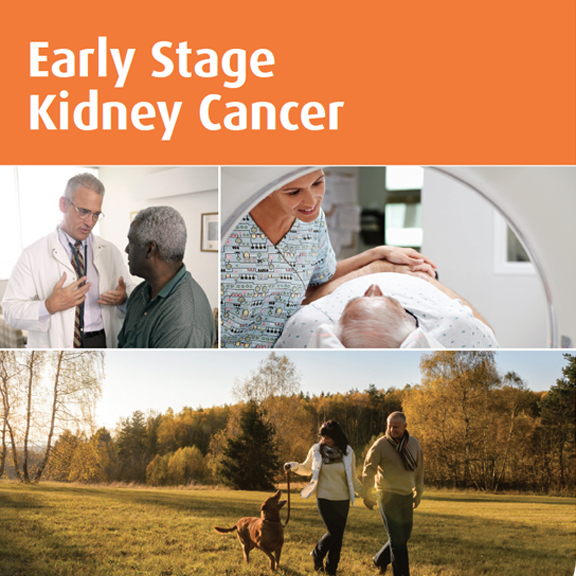Bayer’s Novel Anti-Cancer Compound Regorafenib (BAY 73-4506) Showed Stabilization or Regression in 81 Percent of Kidney Cancer Patients
BERLIN, Sept. 22 /PRNewswire/ — Bayer today announced results from a Phase II trial of regorafenib (BAY 73-4506), a potent oral multi-kinase inhibitor, which demonstrated that treatment with regorafenib resulted in a 31 percent partial response rate and 50 percent stabilization rate in patients with metastatic renal cell carcinoma (RCC). These data were presented in an oral session at the joint 15th Congress of the European CanCer Organisation and 34th Congress of the European Society for Medical Oncology (ECCO 15 – 34th ESMO). Preliminary results from this study were presented earlier this year at the 45th American Society of Clinical Oncology (ASCO) Annual Congress, May 29 – June 2, 2009, Orlando, Florida.
“Bayer is committed to researching and developing potential anti-cancer agents like regorafenib, which may eventually help physicians and patients manage this devastating disease,” said Kemal Malik, MD, Member of the Board of Management of Bayer Schering Pharma AG and Head of Global Development. “We look forward to continuing the comprehensive clinical development program for regorafenib, which we believe could potentially represent a promising new treatment option for various tumor types.”
At the time of data analysis, 81 percent of patients (n=48) in the trial experienced disease stabilization or regression. Specifically, 31 percent of patients (n=15) experienced a confirmed partial response (PR), according to the Response Evaluation Criteria in Solid Tumors (RECIST), and 50 percent of patients (n=24) experienced stable disease (SD). The data also showed an estimated median progression-free survival of 8.3 months at the time of protocol-defined end of study. Importantly, the time of data analyses, which occurred on May 31, 2009, was prospectively defined in the protocol as when the last patient was treated for at least six months. At the time of analysis, 25 patients remained on treatment and 80 percent (12 of 15) of patients who achieved a PR had an ongoing response. Two additional patients who were classified as having SD achieved a confirmed PR past the data analysis date, bringing the total PR to 35 percent (n=17) of patients. Study data continue to be reviewed.
The most common drug-related adverse events (all grades) were hand-foot skin reaction (HFSR), fatigue, hypertension, mucositis, diarrhea, alopecia, rash, voice changes, anorexia, nausea, constipation and vomiting.
“This study suggests encouraging activity of regorafenib as a potential first-line treatment option for patients with advanced RCC. These results, coupled with those from Phase I studies in other tumor types, provide rationale for further testing,” said lead investigator Professor Tim Eisen, F.R.C.P., PhD, of Addenbrooke’s Hospital at the University of Cambridge, UK. “I am excited about the potential of this compound becoming a potential treatment option for patients and physicians.”
About the Trial
This Phase II, multicenter, open-label, single-arm study of regorafenib enrolled 49 previously untreated patients with metastatic or unresectable, predominantly clear-cell RCC. Regorafenib (160 mg) was administered once daily on a three weeks on/one week off schedule. The primary end point was to evaluate response rate according to RECIST. The secondary end points included safety, progression-free survival, duration of response, duration of stable disease, pharmacokinetics, and biomarker data.
About Regorafenib (BAY 73-4506)
Regorafenib (BAY 73-4506) is a potent oral multi-kinase inhibitor with a kinase inhibition profile targeting angiogenic, stromal and oncogenic receptor tyrosine kinases (TK). The distinct anti-angiogenic profile includes inhibition of both VEGFR2 and TIE2 TK. Regorafenib has also been shown in preclinical studies to prevent the proliferation of tumor cell lines while promoting apoptosis (cell death) by directly targeting several oncogenic TK receptors. The clinical significance of these studies is not known and warrant further investigation in a broad spectrum of tumors.
About Bayer HealthCare Pharmaceuticals Inc.
Bayer HealthCare Pharmaceuticals Inc. is the U.S.-based pharmaceuticals unit of Bayer HealthCare LLC, a subsidiary of Bayer Corporation. One of the world’s leading, innovative companies in the healthcare and medical products industry, Bayer HealthCare combines the global activities of the Animal Health, Consumer Care, Diabetes Care, and Pharmaceuticals divisions. In the U.S., Bayer HealthCare Pharmaceuticals comprises the following business units: Diagnostic Imaging, General Medicine, Specialty Medicine and Women’s Healthcare. The company’s aim is to provide products that will improve human health worldwide by diagnosing, preventing and treating diseases.
Details on the studies and the abstract #7105 can be found on the ECCO 15 – 34th ESMO website: http://www.ecco-org.eu/Conferences-and-Events/ECCO-15/page. aspx/216.
Forward-Looking Statements
This release may contain forward-looking statements based on current assumptions and forecasts made by Bayer Group or subgroup management. Various known and unknown risks, uncertainties and other factors could lead to material differences between the actual future results, financial situation, development or performance of the company and the estimates given here. These factors include those discussed in Bayer’s public reports which are available on the Bayer website at www.bayer.com. The company assumes no liability whatsoever to update these forward-looking statements or to conform them to future events or developments.




